I Quit Social Media for 30 Days and Gained a Whole New Life

Social media is an integral part of daily life, and while it has many positive benefits, it can be hindering and unhealthy. Social media has been linked to mental health issues, especially with teenagers, according to Yale Medicine. It’s also addicting and time-consuming, which can lead to broken relationships and a lack of socializing.
It’s hard not to want to check every notification, see the latest news, or just watch mindless videos, but the amount of time people fill up their day with social media is shocking. According to Datareportal, the average user spends 2 ½ hours a day on social media, with TikTok being the platform people spend the most time on and YouTube with the greatest shares. To help curb bad social media habits, many people take a break as a way to reset, reestablish boundaries, and take a moment to reevaluate the impact social media has. Best Life spoke with several people who took a 30-day detox, and here is how it changed their perspective.
Time is Valuable
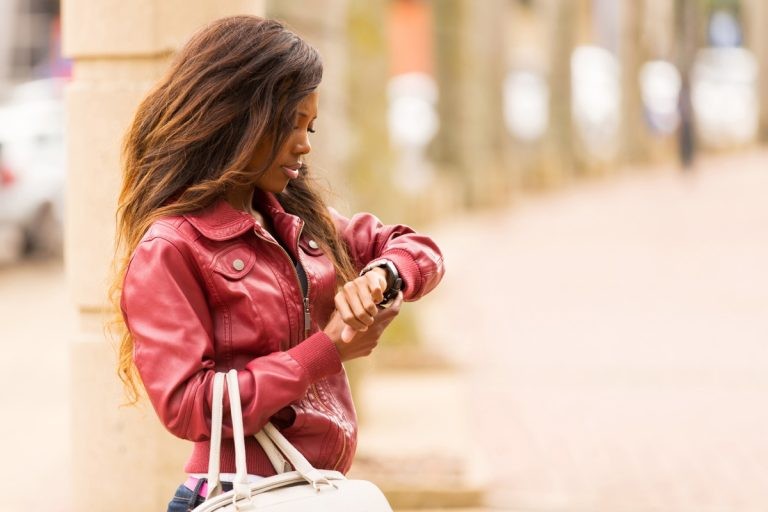
Time is something many take for granted, but it’s so valuable because we can never get it back. After Melissa Gaskin, a National Board Certified Health and Wellness Coach, detoxed from social media, she realized how she wasn’t spending her time wisely.
“I was so much more intentional with how I spent my time, who I reached out to, and I felt more focused in all areas of life,” she explained. “I no longer had distractions and felt true clarity on my next steps and desires. I ended up extending my time off of social to almost two months because I felt so much lighter, as if the weight of the world, the opinions, the influencers was no longer present in my life.”
Gaskin added, “This is living without the added anxiety induced by social media. I didn’t realize the impact it really was having on my anxiousness. I was so much more grounded and true to myself and my own desires.”
No Longer Needs Constant Stimulation
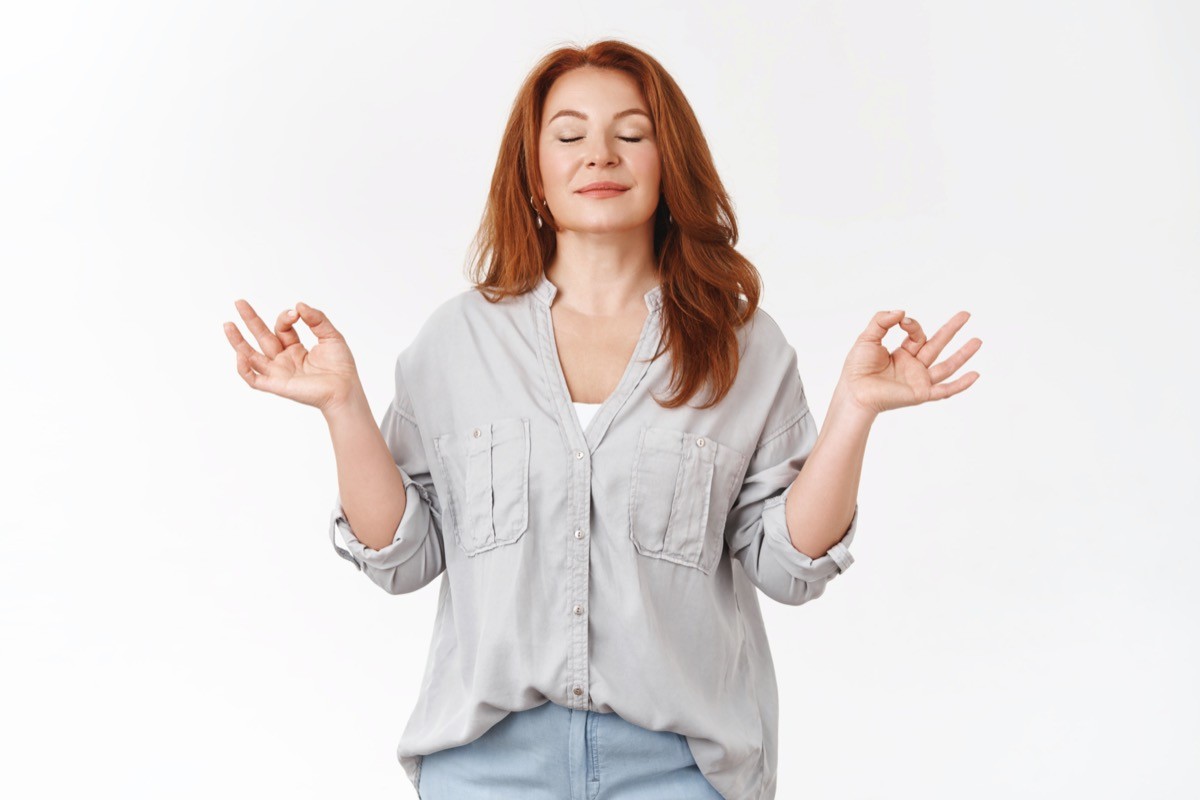
After learning how much social media is linked to anxiety, Nathan Minns, Founder of Green Light Improv, decided to step back. “I realized that while using many of these social media sites might reduce anxiety at the moment, the anxiety often returns stronger hours later,” he said.
Like many others, Minns relied on various platforms for information, but during his 30-day break, he stopped leaning on social media for news. “The experience made me realize that I don’t need social media as a constant source of information consumption,” he said. “If I’m just passively scrolling without purpose, it’s not worth the time or mental energy it consumes.”
He continued, “The experience made me realize that I don’t need to have constant stimuli. If I’m just passively scrolling without a purpose, it’s not worth the time or mental energy it consumes.”
Shifted Focus to Relationships
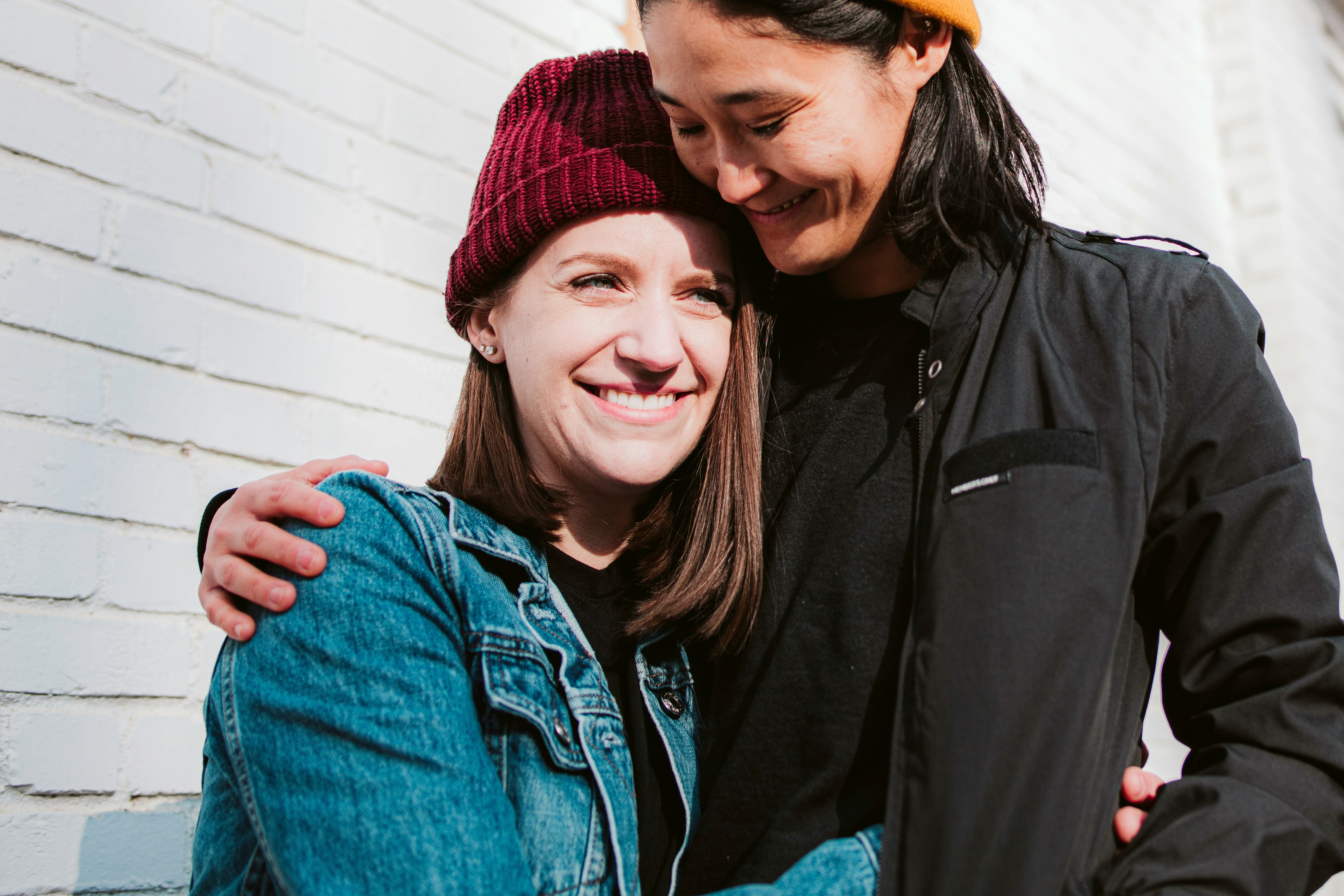
Social media can majorly interfere with many aspects of your life, including relationships.
“With the social and digital noise out of the way, my thinking set no limitations,” David Milo, real estate expert and Founder of Independent Lending, said. “Instead, I was able to shift my focus on how distorted my feelings were and how unaffected I felt during my social media cleanse. It was time to settle down, mentally speaking, and see how life progressed. The outcome of both my professional and personal relationships was more than beneficial.”
More Creative at Work
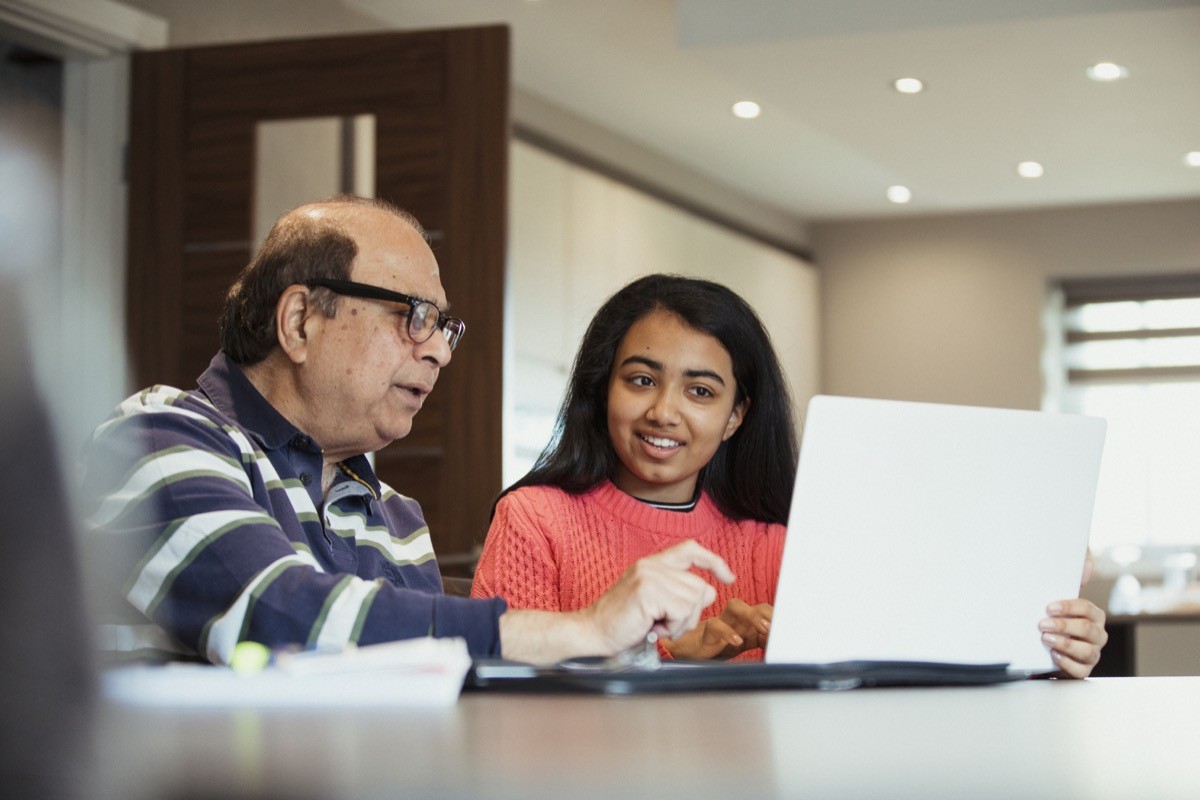
As a small business owner, Roxie Lubanovic, co-founder of Frostbeard Studio, used social media often but paused for one month to focus on family and boost her creativity.
“The biggest challenge was resisting the urge to check updates, especially when running an online business where engagement feels crucial,” she said.
While it was difficult, Lubanovic greatly benefited from tuning out social media for 30 days. “The detox allowed me to channel my creativity more effectively, resulting in new scent ideas and improved productivity,” she explained.
Lubanovic continued, “It also made me rethink our marketing, emphasizing quality content over frequent posts. Now, I use social media more intentionally, prioritizing genuine engagement with our community. For anyone looking to detox, I suggest scheduling time for hobbies you love, like reading or crafting, to fill the gaps and maintain creativity and focus.”
Regained Focus
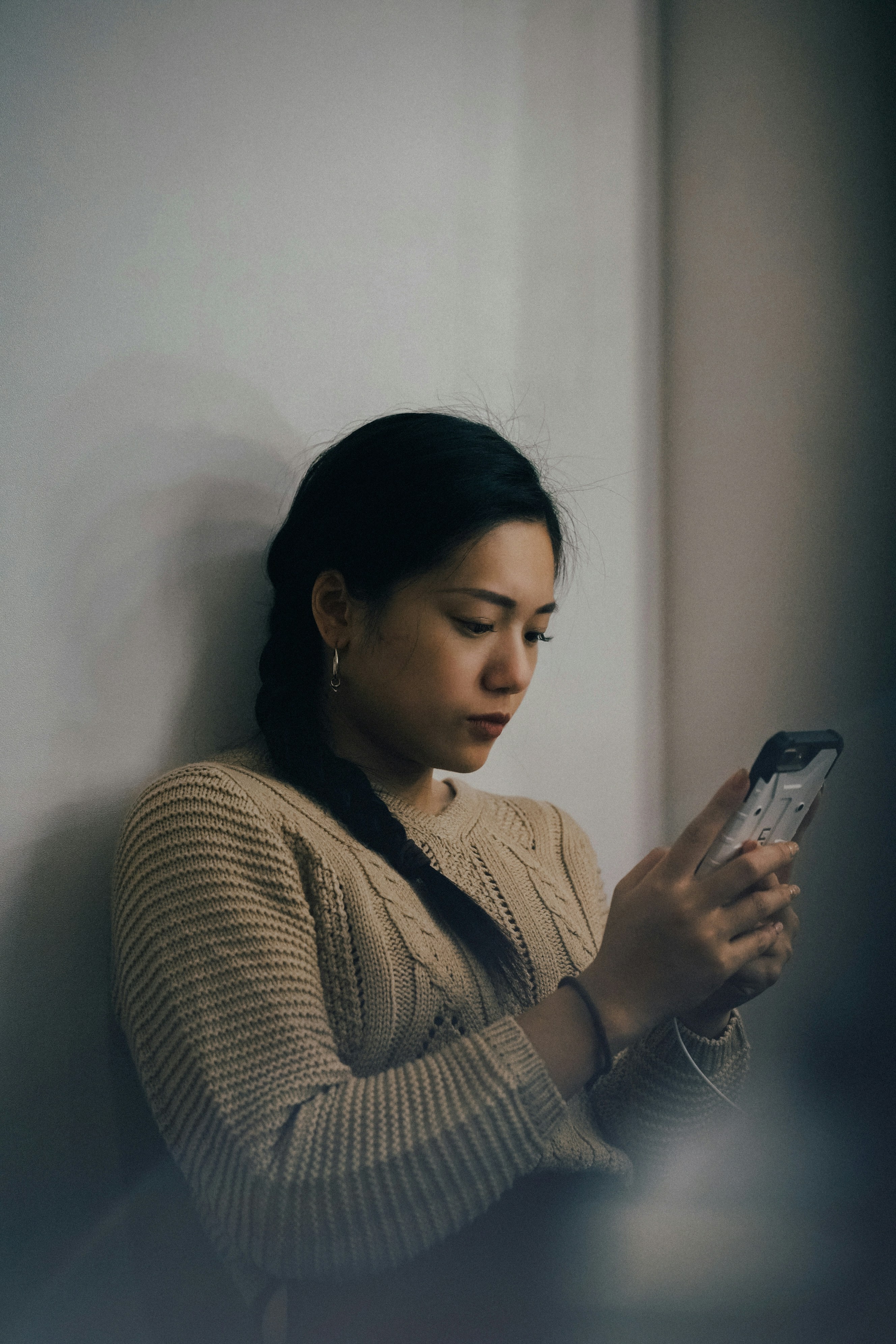
It’s easy to get sidetracked and get caught up in what’s happening on social media without realizing it. For Mary Craven Adams, an entertainment lawyer with Womble Bond Dickinson and filmmaker, she knew it was time to give up Facebook when she constantly checked her phone.
“I was literally losing hours out of my week,” she said. “I realized I could be creating, writing screenplays, or coercing one of my teenage kids into taking a walk or having a conversation.”
Once she deactivated the app, her “head seemed less crowded.” Adams explained, “I felt like I had turned off a distracting noise.”
While she missed people’s birthdays and photos of friends online, Adams has more balance and time for meaningful things.
“I will likely check three times a year going forward: Christmas, graduation time, and back to school,” she said. “I want to see people I care about celebrating milestones and making memories. But I don’t need to see what my coworkers ate for dinner on a business trip to New York or see that someone I haven’t seen in person for 25 years worked out really hard at an exercise class.”